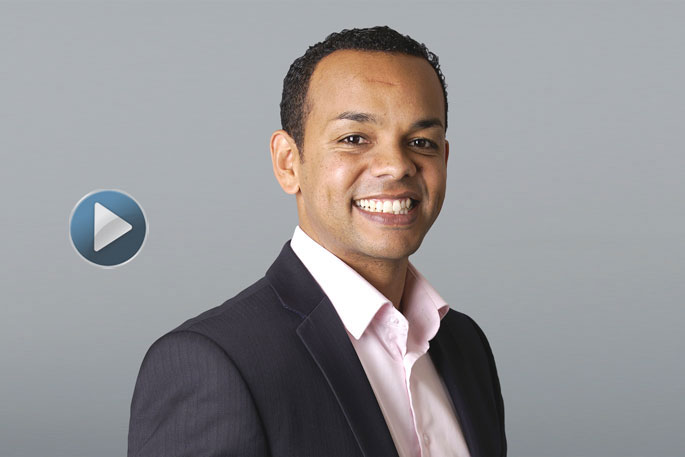Thousands of Kiwis living with cancer, cardiovascular disease and other chronic conditions are set to benefit from the arrival of new mobile diagnostic technology, which can be transported to remote areas.
The mobile imaging technology, the first in Australasia, will help improve access to healthcare for New Zealand's priority populations - including Maori and those in rural and deprived areas.
The funding of advanced nuclear medicine technology and imaging facilities is part of a wider healthcare strategy developed by HCPs to increase the radiology sector's capacity by an estimated five per cent.
It is hoped the new initiatives will reduce public hospital waiting lists, which are currently up to seven weeks long for disease and injury diagnosis.
According to the Ministry of Health, there is a link between living rurally and poorer outcomes at all stages of cancer care, including delays in diagnosis.
The Ministry's data also shows Maori are 20 per cent more likely to get cancer and nearly twice as likely to die from cancer as non-Maori.
Maori patients also experience poorer outcomes across many other chronic illnesses such as cardiovascular disease.
A new mobile PET CT scanner will be deployed in regions with high demand and will be able to support the diagnostic needs of medical specialists including oncologists, neurologists and cardiologists.
Positron emission tomography (PET) scans detect early signs of cancer, heart disease and brain disorders. A combination PET-CT scan produces 3D images for a more accurate diagnosis.
There are six PET scanners in the country located in Auckland, Hamilton, Wellington, Christchurch and one planned for Dunedin - however around half of the New Zealand population lives outside of these cities, which can see rural patients travel for hundreds of kilometres to the nearest diagnostic centre.
Dr Lloyd McCann, CEO of Mercy Radiology and Clinics, says the multi-million dollar investment into new technologies, such as the PET scanner, and HCP partnership facilities established in centres around the country are designed to help address the inequality in access to diagnostics.
‘'The new diagnostic imaging facilities and equipment in Auckland, Wellington and Christchurch have been funded by Mercy, local radiologists and specialist clinicians and will expand capacity in the sector - as well as expediting the diagnosis of Kiwis living with life-threatening medical conditions,” he says.
Dr McCann says Mercy will also increase its diagnostic and therapeutic capacity in the Molecular Imaging and Therapeutics field with a particle accelerator (Cyclotron). The device produces radioactive isotopes for imaging and treatment of various cancers and other disease states like cardiovascular and neurological disease - one of only two in the country.
'From a Covid mortality and morbidity perspective, New Zealand's response has put us ahead of the rest of the world, however we are now dealing with the aftermath of the deferred diagnosis and treatment of thousands of patients around the country.
'We know that with some forms of cancer, a delay of several weeks can lead to different patient outcomes and any moves to cut diagnostic waiting lists is a critical step in reducing the burden of disease,” he says.
Dr McCann says the group will have the capacity to scan up to 15,000 additional patients annually and significantly increase the country's production of radioactive isotopes for use in cancer treatment.
'These ventures will have multi-disciplinary governance boards which will provide clinical expertise and monitoring to ensure the highest quality service is provided,” he says.
Dr McCann says the establishment of new radiology facilities in Wellington and Christchurch will reduce access barriers by increasing radiology capacity in those regions and by reducing the cost of imaging services to the patient.
'We know that in the Auckland market where there are a number of diagnostic imaging operators, the ACC surcharges are cheaper than in regions like Wellington and Christchurch. It demonstrates the potential for greater competition to lower prices for consumers.
'For the first time patients in these regions will also be able to make appointments for their diagnostics online, and a new patient portal will provide free access to their scans and reports.
'As well as benefiting patients, the investment in new technology helps attract highly skilled professionals from offshore to New Zealand - as well as providing a reason for those who are locally trained to stay in the country,” he says.



1 comment
Whatever.
Posted on 22-08-2022 20:15 | By The Truth Is Out There
Before Labour. I could get a free stool test. As, older siblings, had bowel cancer. Last 3 years, had too pay myself. Gets, sent to Oz, for processing!!!! Good on ya Labour!! Good. For. Nothing!!!
Leave a Comment
You must be logged in to make a comment.